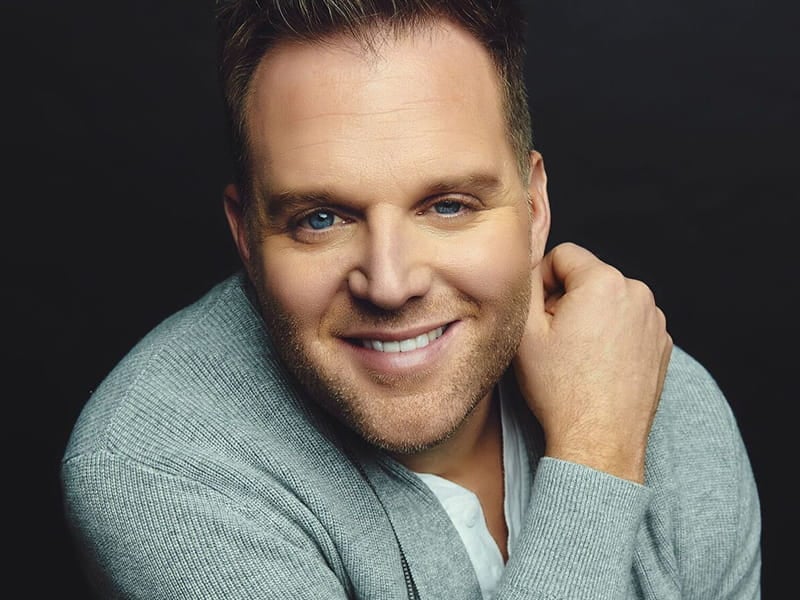The day "Heather Has Two Mommies" by Lesléa Newman arrived at my old office at Christian Parenting Today, I gave it a once over. Two mommies? Well, it might be a problem somewhere, but probably not here. Besides begging for a box full of mail from upset mommies, the topic wasn't central enough to our readers' real, everyday concerns. The book ended up in a stack of other publishers' samples with titles like "My Jesus ABC's," "My First Promise Bible," and "I Love My Mommy."
I think we made a mistake. I can't think of a more central issue for families than the questions that "Heather" raised ten years ago. I believed then, and do now, that the dialogue homosexuals have initiated about sexuality and family making have been good for the Christian community. It has required us to think through our assumptions and beliefs about what is OK and what is not. Exactly how should and must we read the Bible on this issue? How should we respond to Heather's moms? What behaviors and attitudes should we encourage from our kids, especially toward Heather?
When Lesléa Newman's book became famous nearly a decade ago, it was because it presented an idea of how Newman thought we should perceive lesbian mothers. Some parents felt children just beginning school didn't need to be told that homosexuality exists, much less have it equated with heterosexual family life. Click here for an excerpt that shows how "Heather" made its case.
The main fault of Newman's approach for many Christians--especially those who define homosexual acts as a sin--is a theological one. The Bible defines sin as anything that falls outside of God's truth that brings injury to a person or separates her or him from God. How then could we want a homosexual lifestyle taught to our kids as something good and acceptable, a viable choice on a par with marriage, any more than we'd want them taught that other sins (adultery or drunkenness, say) are just fine and dandy?
While inquiring freethinkers have a lot of room to define or disregard words like sin and truth, orthodox Christians must start with scripture, and the incarnated truth of Jesus Christ. As Michelle, a friend of mine who used to be the other mommy in a lesbian partnership, says: "For a homosexual, homosexuality is the starting place. It's what sets the standards for what they believe. As a Christian, we set the standards for our lives on the Word of God, and we strive to live a life that is pleasing to God."
But let's admit that the deeper dilemma for many Christians who oppose this book is often not a theological one, but an emotional one. It has to do with what we fear. We fear our kids will be indoctrinated somehow. We fear they'll come to consider homosexuality as normal and then...the part we don't say...become one.
This fear, when you logically confront it, is absurd. A book, well intentioned or otherwise, isn't likely to change our child's sexual orientation. Nor will avoiding the challenge Newman lays down for us change the fact--truer now than 10 years ago--that many lesbian couples are raising children.
In other words, it's possible to strongly protest the idea that schools can reduce the homosexual lifestyle to a tolerance issue and at the same time believe that if Newman's book helps make kids more aware that there are kids with two mommies and that these kids deserve our care, acceptance, and if necessary our protection--that can be a very good thing.
Different-ness of all kinds brings discomfort, especially if we sense or imagine a threat in it. If Heather went to school with my daughter and lived in my little town, would I feel comfortable when I ran into her mommies at the store? Would I treat them exactly as I treat other moms?
I hope so. They deserve the same respect and graciousness that I would show to anyone else here (and probably more because they would sense their different-ness very acutely). This issue--how we treat Heather's mommies--is where I think many Christians experience a significant and dismaying disconnect with what the Bible teaches.
In fact, Jesus lovingly pursued encounters with the marginalized people of His time. It was regarding a girl like Heather that He said, "Let the children come to me and forbid them not." It was to an ostracized woman like Heather's mother that He said, "Woman, neither do I condemn you. Go, and sin no more."
If "Heather Has Two Mommies" is being read at your school, use it as an opportunity to talk to your kids about what you believe the Bible teaches about marriage, sexuality, and family. It's a heritage worth defining and defending with grace and tenacity.
As understood by Jews and Christians for millennia, the Bible shows us where to start if truth matters more than preference:
If Heather goes to your school, invite her home to play with your kids. Invite her mommies, too. Bring them into the circle of your family's love--not in hopes of "fixing" them, but to enjoy them as people and friends. Get comfortable being in close, loving contact with "sinners"--like our Father is with you and me.

